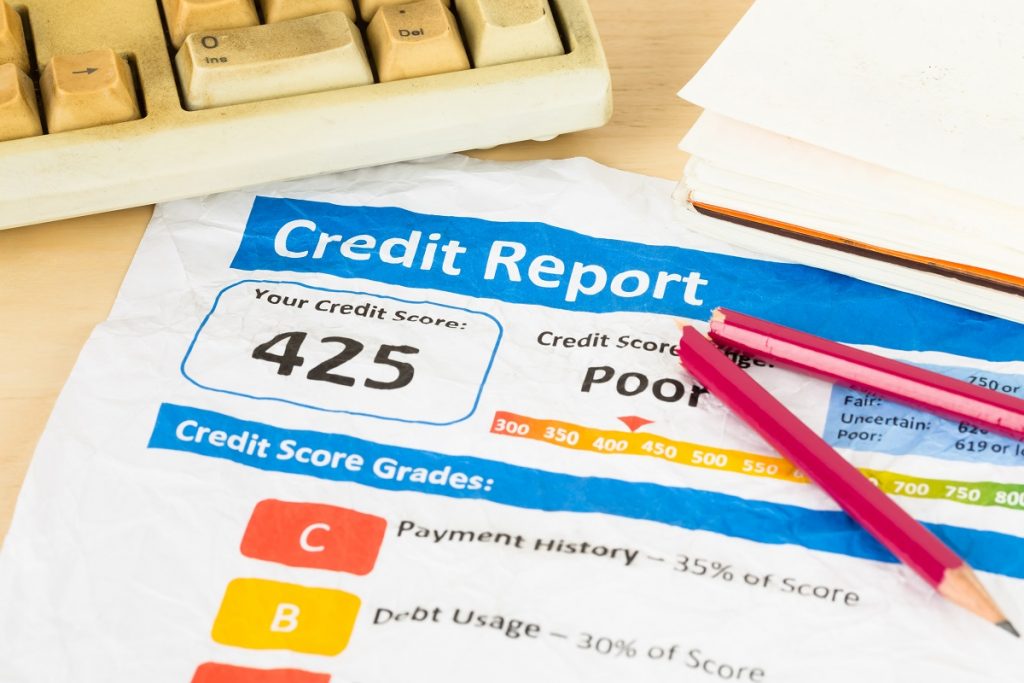Many people shy away from buying a house when they have a poor financial history not knowing that they can still make the most of the situation. You can start with bad rates as long as you make concrete plans to remedy the situation. Being in debt or having a bad credit score isn’t the end of the world, much less your dreams to build a house.
Like building Rome, the process of owning a home happens one step a time, notes experts from the Altius Mortgage Group, a distinguished mortgage company in Salt Lake City. That means that you should not hold off on buying a house until all the pieces fall into place. Doing so only serves to put the dream of becoming a property owner on the backburner. And we all know that once you put your plans on hold, it can be extremely difficult to get them going again.
The sooner you begin your journey, the sooner you’ll start to gain equity in the home. In a vibrant property market, the appreciating prices go along way in helping you build equity. Taking some precautions can help you get started even when your financial history is not stellar. Here are a couple:
Make plans to grow your income
The key to a successful mortgage process hinges on your ability to make monthly repayments on time and in full amount. That way you get to avoid unnecessary fines and penalties that only serve to pad your debt. In the face of a spiking cost of living, this can prove to be difficult. But as difficult as it is, it is not impossible. With the right outlook and strategies, there are ways to do it.
Growing your income coupled with polishing your spending habits ensure that you never miss a payment. In most case, that would mean getting a second job, learning new skills to get a raise, or going after a higher paying job. Make a timeframe and get started on it if you need to learn and hone new in-demand skills to boost your income. If you already have existing hobbies or skills, find ways to monetize them.
Throw every extra penny at the mortgage

When you procure a mortgage with poor financial history, you are saddled with high monthly repayments. Throwing every penny, you can spare at the mortgage helps you lower these payments. Extra payments count toward reducing the principal amount borrowed.
With a little effort, you can push the amount below the 80 percent mark and do away with the private mortgage insurance. Doing so shaves off a considerable amount off your monthly payments. It also gives you an opportunity to refinance at more friendly rates.
If your financial history is a bit checkered, you shouldn’t shy away from the process of buying a home. You can accept the unfriendly terms and work towards lowering the monthly payments quickly. Don’t let the apparent obstacles get in the way of your goal to build your dream house. Work smart and take it one step at a time.
